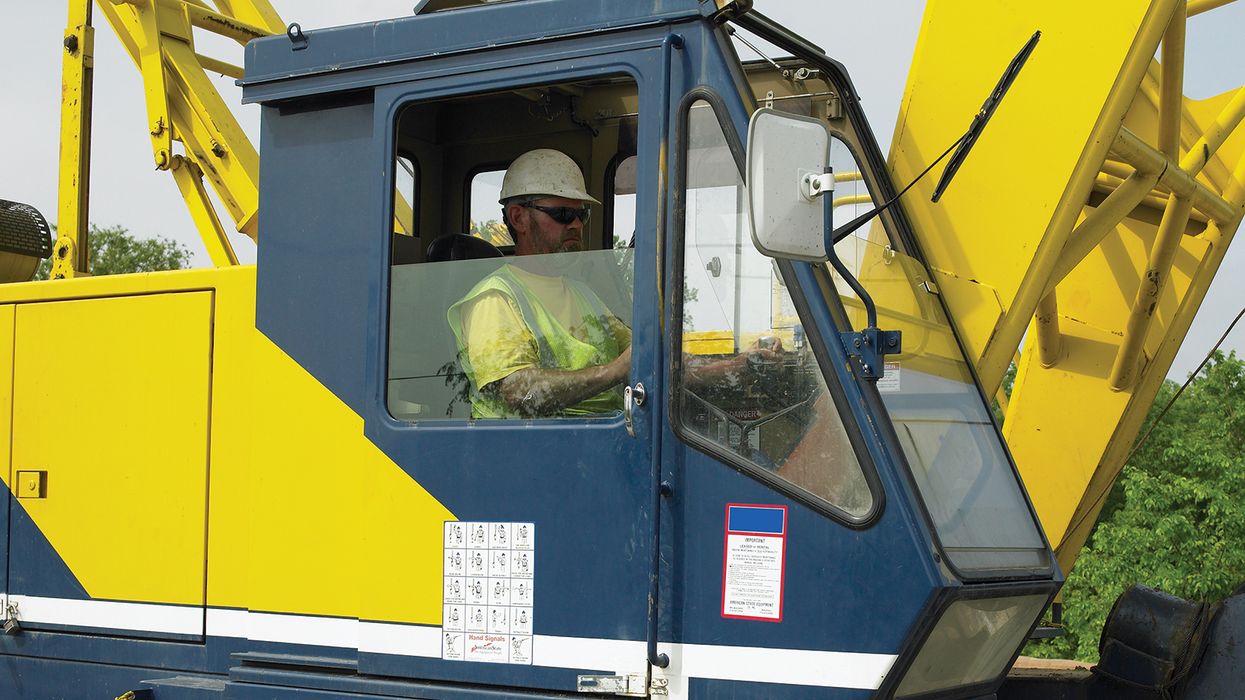FMLA reinstatement rules — “equivalent” job (not similar)
Employers must return employees to their position or an equivalent one after their leave under the federal Family and Medical Leave Act (FMLA) ends. An equivalent position, however, is not a similar one. Employers that don’t comply with the reinstatement rules violate the FMLA as the story below describes.
Rory’s story
Rory enjoyed working as a crane operator and performed his job well. After a car accident, he took FMLA leave while he recovered. His injuries, however, required future treatment, including surgery.
During his leave, another employee did Rory’s work. The employer told Rory that when he returned, he would be operating a tow motor instead of a crane.
Rory was not happy about this because a tow motor operator was not the same as a crane operator position, and he saw it as a demotion. He had been medically cleared to operate a crane.
The employer told Rory that there was concern, since his accident, that he would need more time off in the future, and crane operators needed to be available at all times. The company, therefore, wanted someone else, who would not need time off, to operate the crane.
In addition to making Rory upset about what he believed to be a demotion, the job change violated the FMLA.
FMLA return-to-work requirements
When employees are ready to return to work after taking leave under the FMLA, they are entitled to return to the position they held before leave began or an equivalent one.
In this context, equivalent does not mean similar. The FMLA regulations are fairly clear on this point:
“An equivalent position is one that is virtually identical to the employee’s former position in terms of pay, benefits, and working conditions, including privileges, perquisites, and status. It must involve the same or substantially the same duties and responsibilities, which must entail substantially equivalent skill, effort, responsibility, and authority.” 29 CFR 825.215
Employees must be reinstated to the same:
- Location or a close one,
- Shift, and
- Opportunity for benefits, such as bonuses and profit-sharing.
This return-to-work requirement does not extend to de minimis (small), intangible, or unmeasurable aspects of the job.
Employers may, however, accommodate an employee’s request to be restored to a different shift, schedule, or position that better suits the employee’s personal needs on return from leave. The key is it must be the employee’s request, not the employers.
Employers may also offer a promotion to a better position. Employers may not, however, induce employees to accept a different position against their wishes.
Key to remember: The fact that an employee might need more time off in the future does not allow employers to deny an employee reinstatement rights. In fact, a court could see such an action as retaliation against an employee for taking FMLA leave.























































